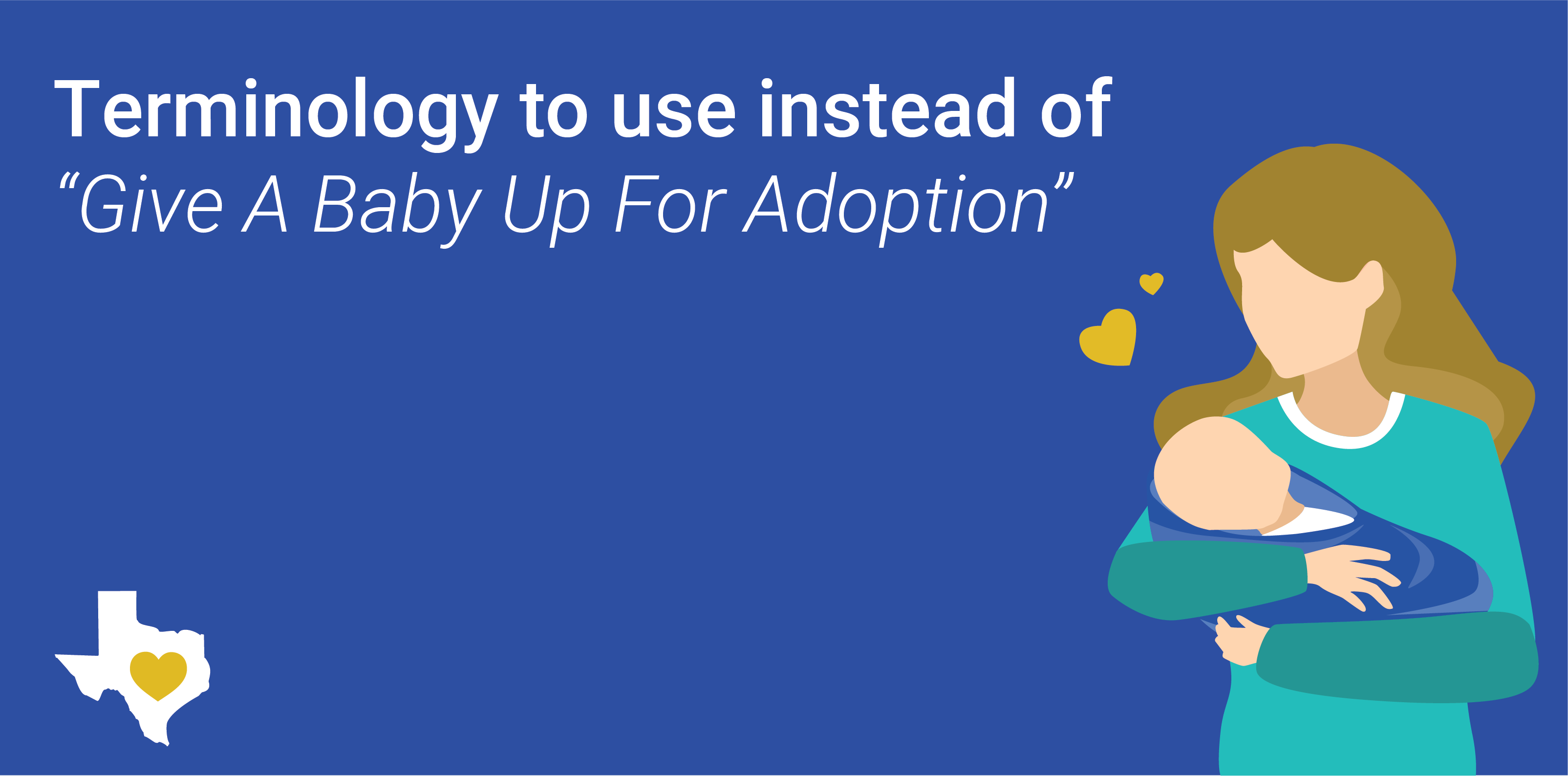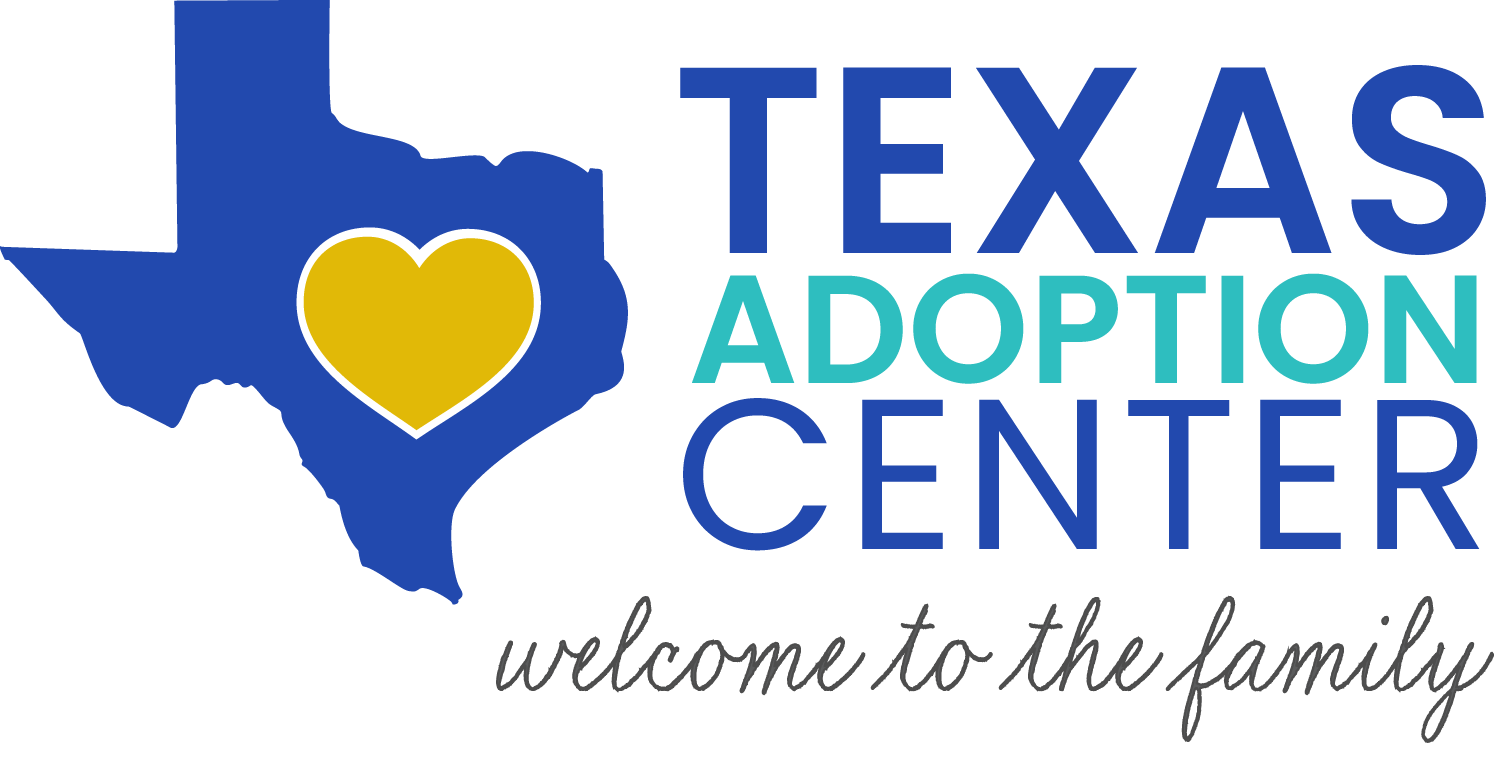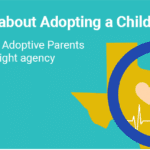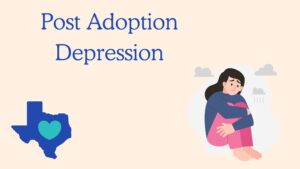
When discussing adoption, individuals want to be as kind and inclusive as possible, but may not know how or what to say. The adoption-sensitive language that agencies use has a huge impact on the process of adoption! We use language to communicate with others, convey our emotions, share our beliefs, and express our love. Words have the power to inspire, uplift, and turn us into more caring people. However, words can also easily hurt people in the wrong contexts and convey the wrong messages.
Caring agencies always use inclusive and compassionate language when discussing adoption. Because adoption is an emotional experience, adoption agencies must use the correct language to dispel common myths. In this guide, we will discuss the importance of adoption-sensitive language and explain why agencies stopped using phrases like “Give A Baby Up For Adoption.” This is so you can help change the narrative surrounding adoption.
The Importance of Positive Adoption Language
Embracing positive language can go a long way in ending negative ideas about sensitive topics. When it comes to adoption, the words we use convey our preconceived notions about such an emotional experience. Here are five reasons why the use of adoption-sensitive language is important and why agencies use positive language.
- Honors the birth family
Going through an adoption experience is an emotional journey for everyone involved. By consistently using positive language, we honor the birth family for making this courageous and difficult decision. More importantly, we empower the expectant mother with our words as she is navigating many tough choices. We want to support and honor her throughout her decision-making process and beyond.
- Value the adoptive guardians
Using positive language is also about honoring hopeful adoptive families for welcoming a new member into their family. Sometimes adoptive parents face judgment for choosing adoption. Positive language honors families who want to share their love with a young child in need. In other words, we acknowledge that adoption is a decision made out of love, while honoring the emotionally difficult moments along the journey.
- Protects the privacy of the family
It goes without saying, adoption is considered a private subject. Understandably, some families don’t want to share their experiences with others. By remaining conscious of our words, we learn to respect all those involved.
- Promotes a child’s self-worth
As a child who was adopted grows and learns, they may have questions about the adoption process. This is normal and healthy — and we want to encourage positive adoption language when talking with a child about the adoption process. Positive language is easy to understand and encourages a child’s self-worth.
- Dispels adoption myths
Using wholesome words when discussing adoption helps dispel any negative perceptions about adoption. Using phrases such as “unwanted child” continues the false beliefs and negative ideas about adoption. Instead, we should use terms that accurately represent adoption as an empowering journey for everyone involved.
Examples of Adoption Sensitive Language
To provide you with a better understanding of which phrases and terms to avoid when discussing adoption, we put together the following list:
Language to use Language to avoid
Birth child Own child
Was adopted Is adopted
Place for Adoption Give up
Child placed for adoption Unwanted child
Child who has special needs Handicapped child
Waiting child Adoptable child
My child Adopted child
Choosing to parent the child Keeping the child
Make an adoption plan Give up for adoption
Birth parent/mother/father Natural parent/mother/father
Make contact with Reunion
Divorced Broken marriage
Search for Track down parents
Why Avoid Certain Terms?
Unless you are a birth parent, adopted child, or adoptive parent, you may not understand how unpleasant phrases bring up negative emotions in others. We should always try to use language that describes the unique adoption experience appropriately. Let’s dive deeper into a few of these terms.
- “Give up” for adoption: The phrase “give up” denotes that a child is unwanted or undesirable. It communicates the false idea that some children don’t have loving families.
- “Adoptable” child: Avoid using the term “adoptable.” The term implies that some children are actually unlovable or unworthy of a parent’s love. Every child is loveable!
- “Natural” parent: Instead of saying “natural” when discussing a child’s biological parents, use the term “birth parent” or “first parent.” Using the term natural implies that adoptive parents are not the child’s parents.
Contact Texas Adoption Center
When it comes to the use of adoption-sensitive language, remain attentive to your words and speak about adoption compassionately. There is no room for judgment when discussing these experiences.
Here at Texas Adoption Center, we embody the principles of compassion and empowerment. Our knowledgeable staff is committed to guiding families along their adoption journey, as well as supporting expectant mothers and birth mothers.
We don’t tell you to make the “right” decision. Instead, we empower people to make the best decisions for themselves and their children.
Check out our services to learn more about us. Contact us to explore your options.






